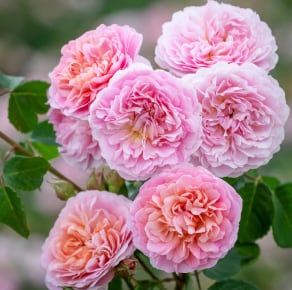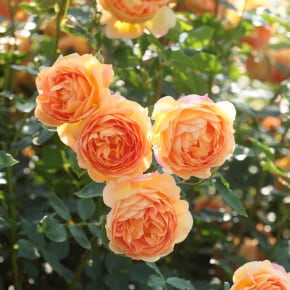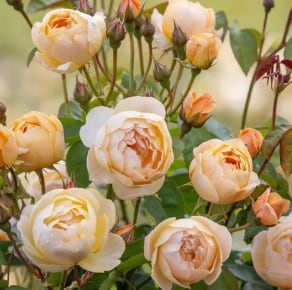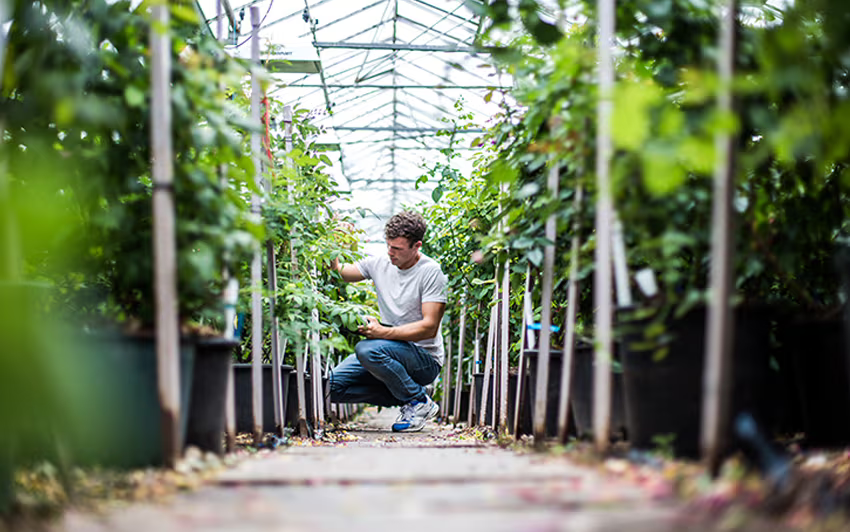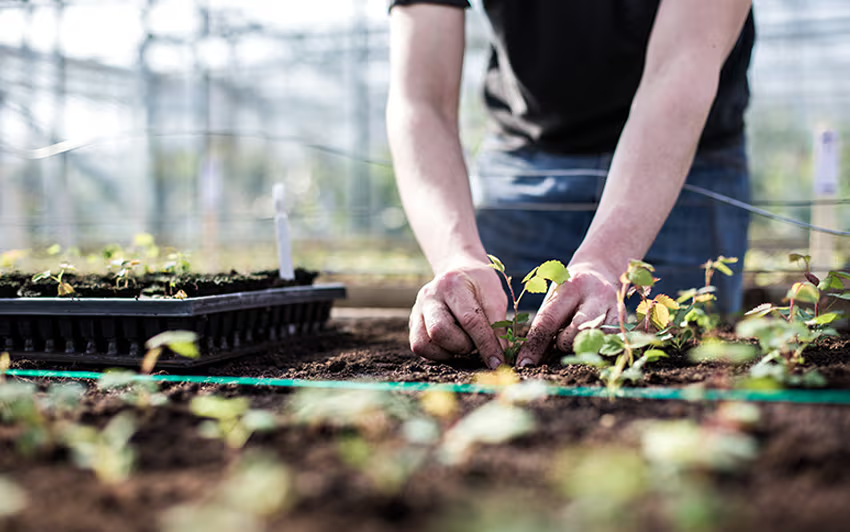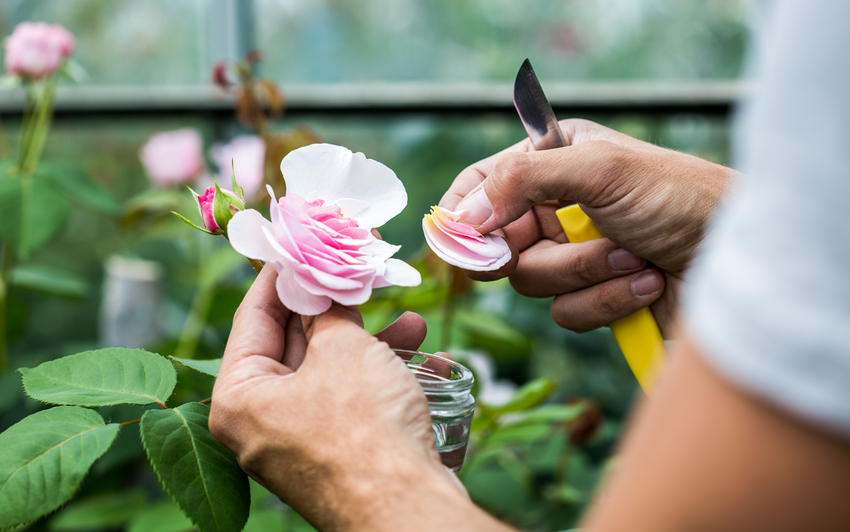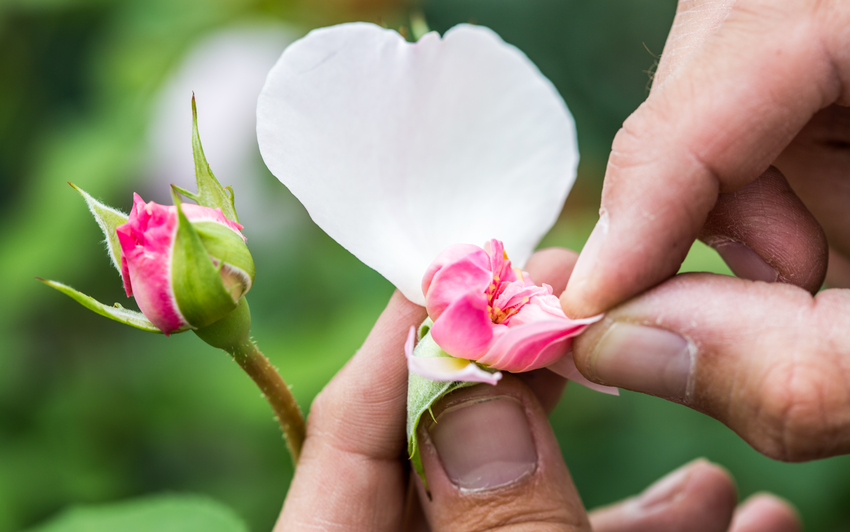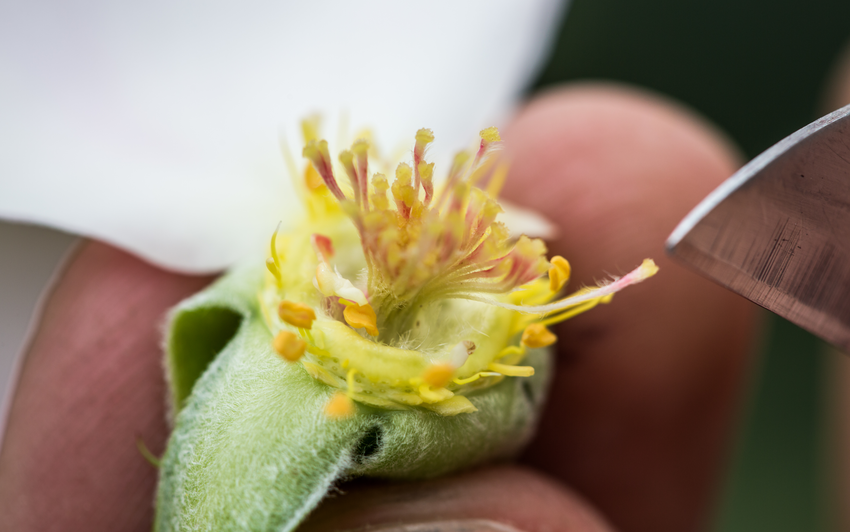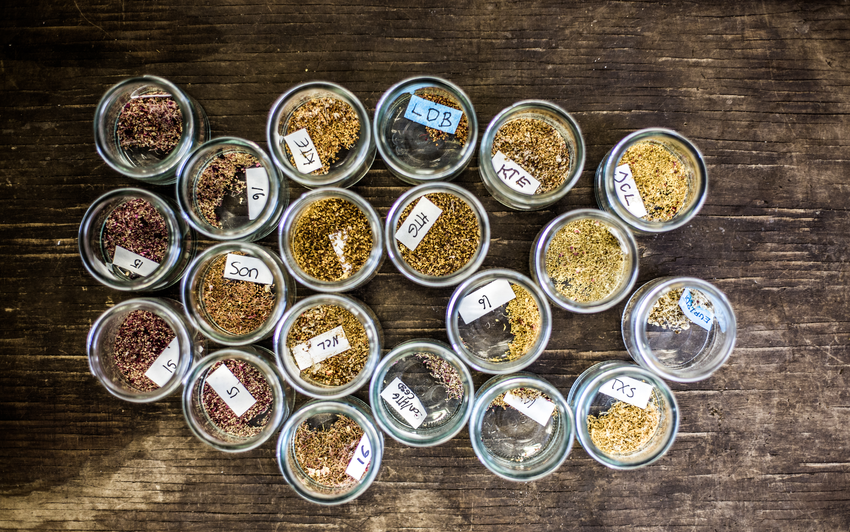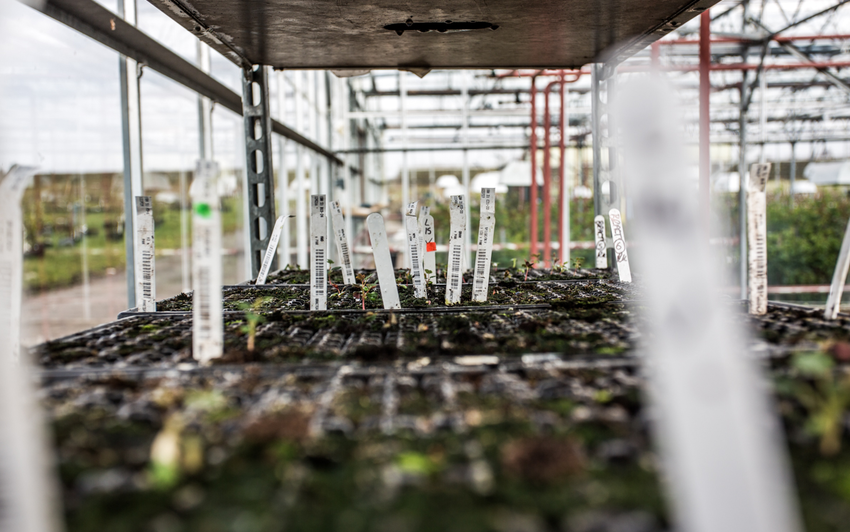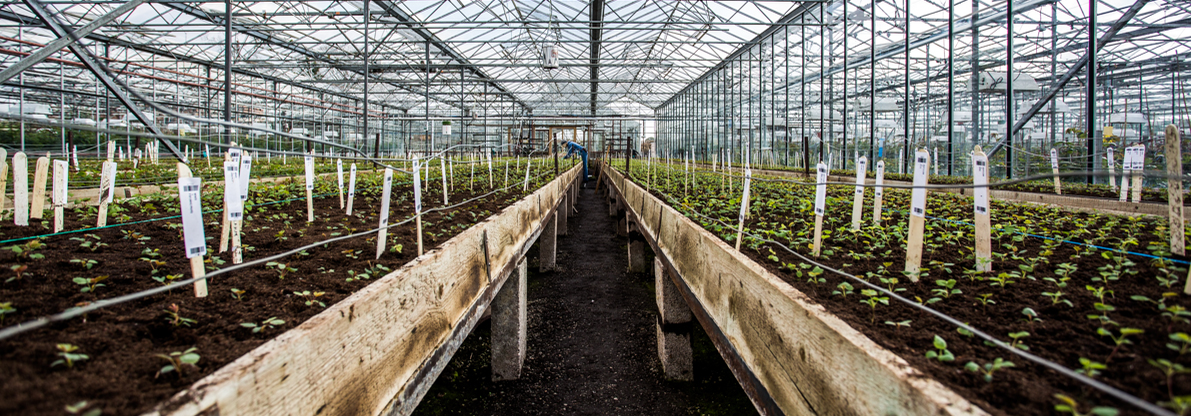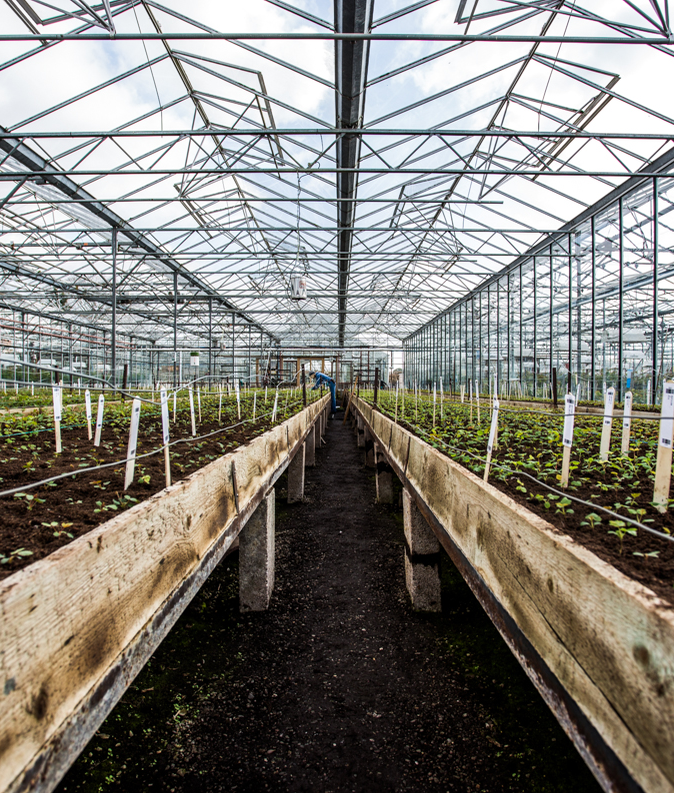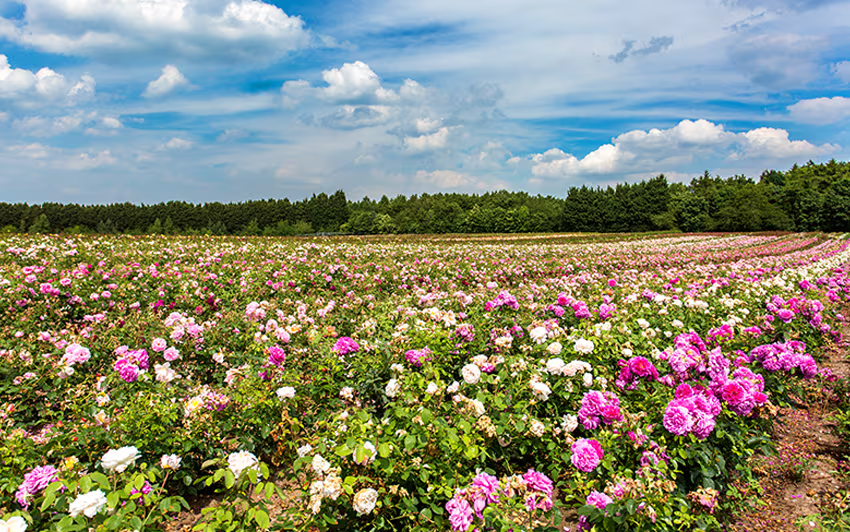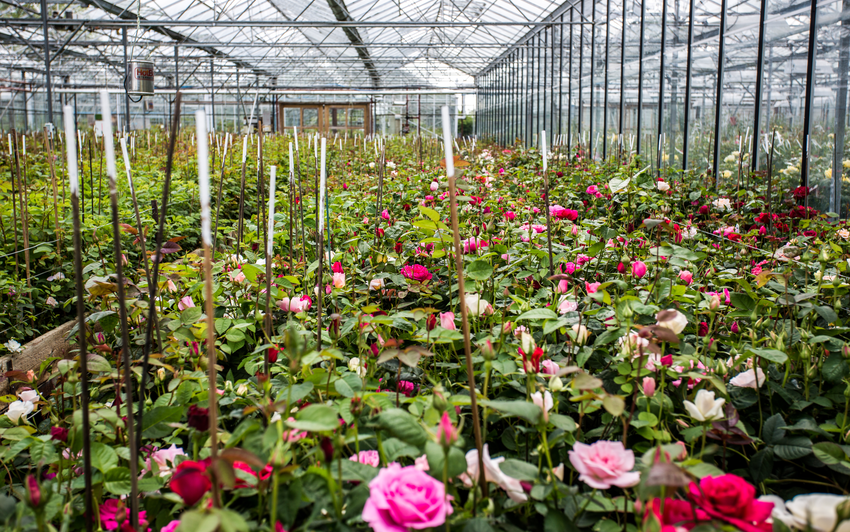BLOOM is our commitment to the future.
It’s an ambitious socially responsible plan, focussing on bringing everything we do for our people, our planet, the wider community, and gardeners of the future under one umbrella. We know that as growers of natural products we have a duty to care for the environment. We continually work on ever growing our responsible decision making, using our business as a force for good.
In our horticultural regime we were early adopters of non-neonicotinoid pesticides in our production beds and now host several beekeepers who have hives around our nursery. We do not spray the roses in our extensive trial programme and it is our intention that the latest generation of David Austin roses should be able to survive well in the garden, without the need for continual spraying by our customers. We continue to implement crop IPM (outdoor and under protection) to reduce our use of pesticides. We minimise reliance on herbicides by utilising alternative husbandry methods like mechanical weeders, bark toppers, membranes, cover crops and field rotations.
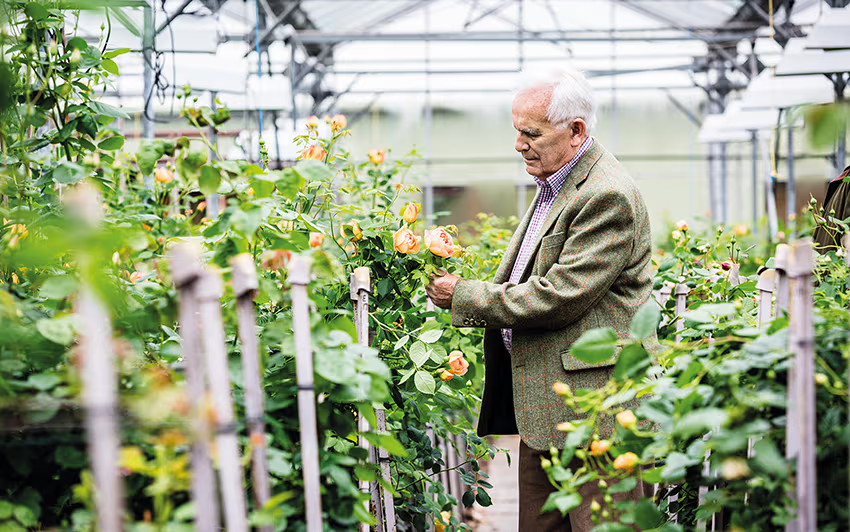
Having selected suitable parents we collect the pollen from one parent and place it onto the stigma of the other. This process is called cross-pollination and would naturally be carried out by bees. Each year we do 40,000 individual cross-pollinations, all by hand, using a small knife to remove the pollen from the first parents and a paintbrush to apply it to the other parent.
The cross-pollination will eventually form a rose hip, containing around 10 child seeds - a mix of both parents. Like human children, each of those child seeds will be a completely unique mix of the parents' characteristics.
By November the hips will have ripened sufficiently for us to extract the child seeds. We cut the hips, remove the seeds and store them in refrigerators over winter. In January we will sow around 350,000 individual seeds on benches in our greenhouses. From then until spring these seeds will germinate into small plants with a smattering of blooms.
At this stage we are assessing full-sized rose bushes in true garden conditions. During the next five years, we carefully assess the plants for all the characteristics we aim to produce. Each year we select the best and propagate them in larger numbers until only 10 of the original seedlings remain.
"The goal remains the same - to try to develop the healthiest roses possible without compromising their beauty, fragrance, grace and most importantly, their charm."







